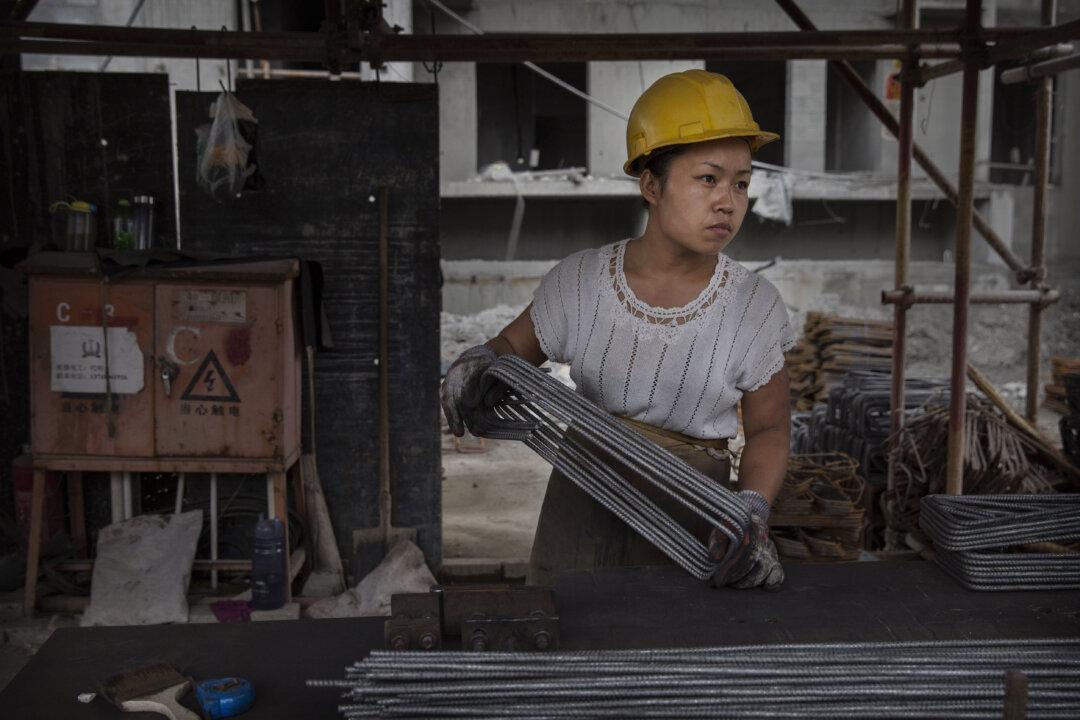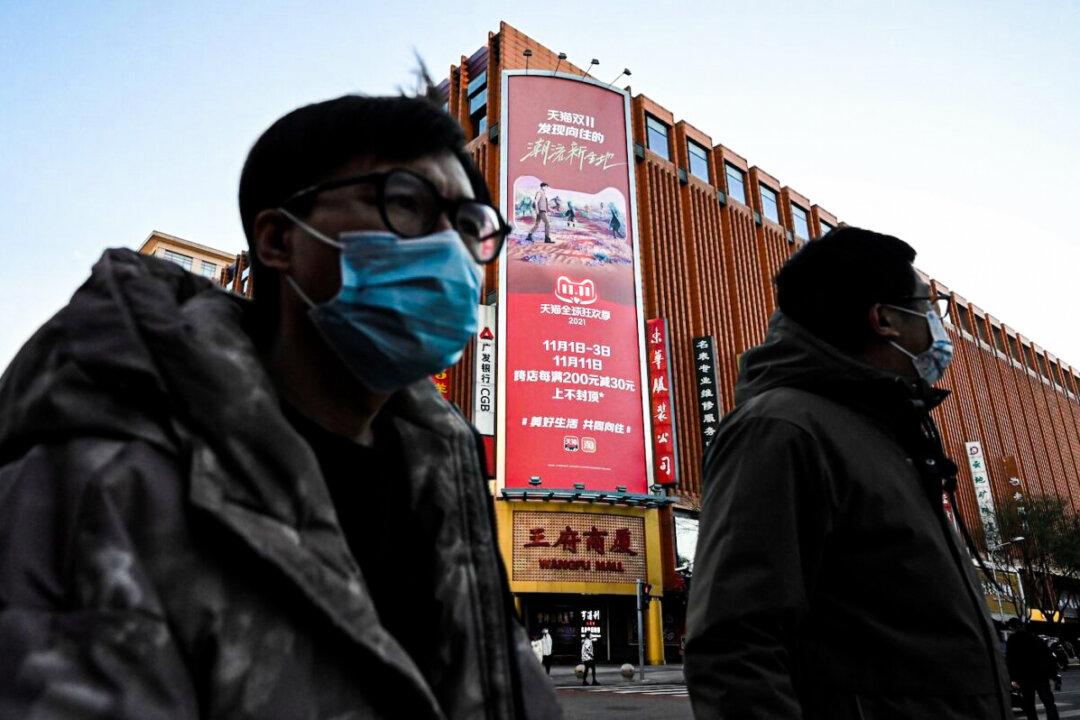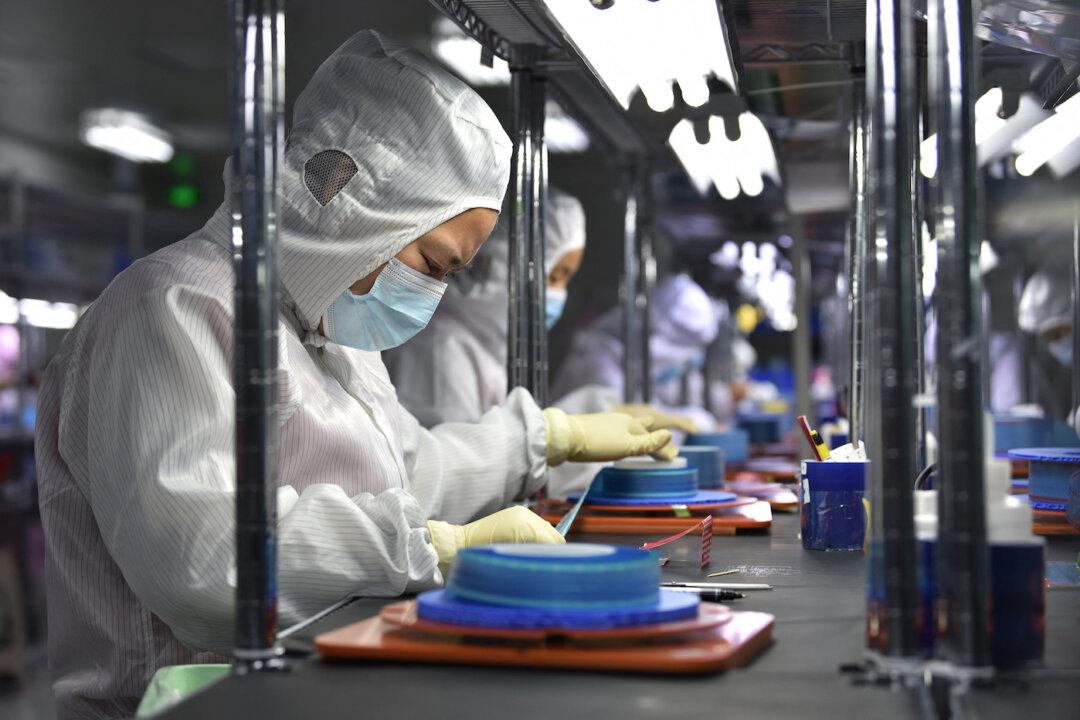Will the Chinese economy have a hard landing? Absolutely not, according to Xu Shaoshi, director of China’s state economic planning agency. A hard landing for China’s economy is not a possibility, and neither is it possible that China’s slowdown will drag down the global economy, Xu said at a news conference during the annual “Two Meetings,” the de facto legislature of the Communist Party.
Despite how much has already been written about China’s economic slowdown, Xu’s statements require a response.
The Impact of China’s Economy on the World
Let’s take a look at the past first. In the past 30 years, China has accepted foreign investment to fund development through its “opening up” policy. China then joined the World Trade Organization (WTO) to export cheap goods to the world. In the mid-1990s, when China had accumulated enough profits and power, it started making strategic investments to acquire resources and enterprises around the world. Although there were more failures than successes, China’s huge capital outflows have been a significant force.
Viewed from different perspectives, China has had both a positive and a negative impact on the world economy. Inexpensive goods manufactured in China at the turn of the century indeed benefited consumers all over the world for about seven to eight years.






